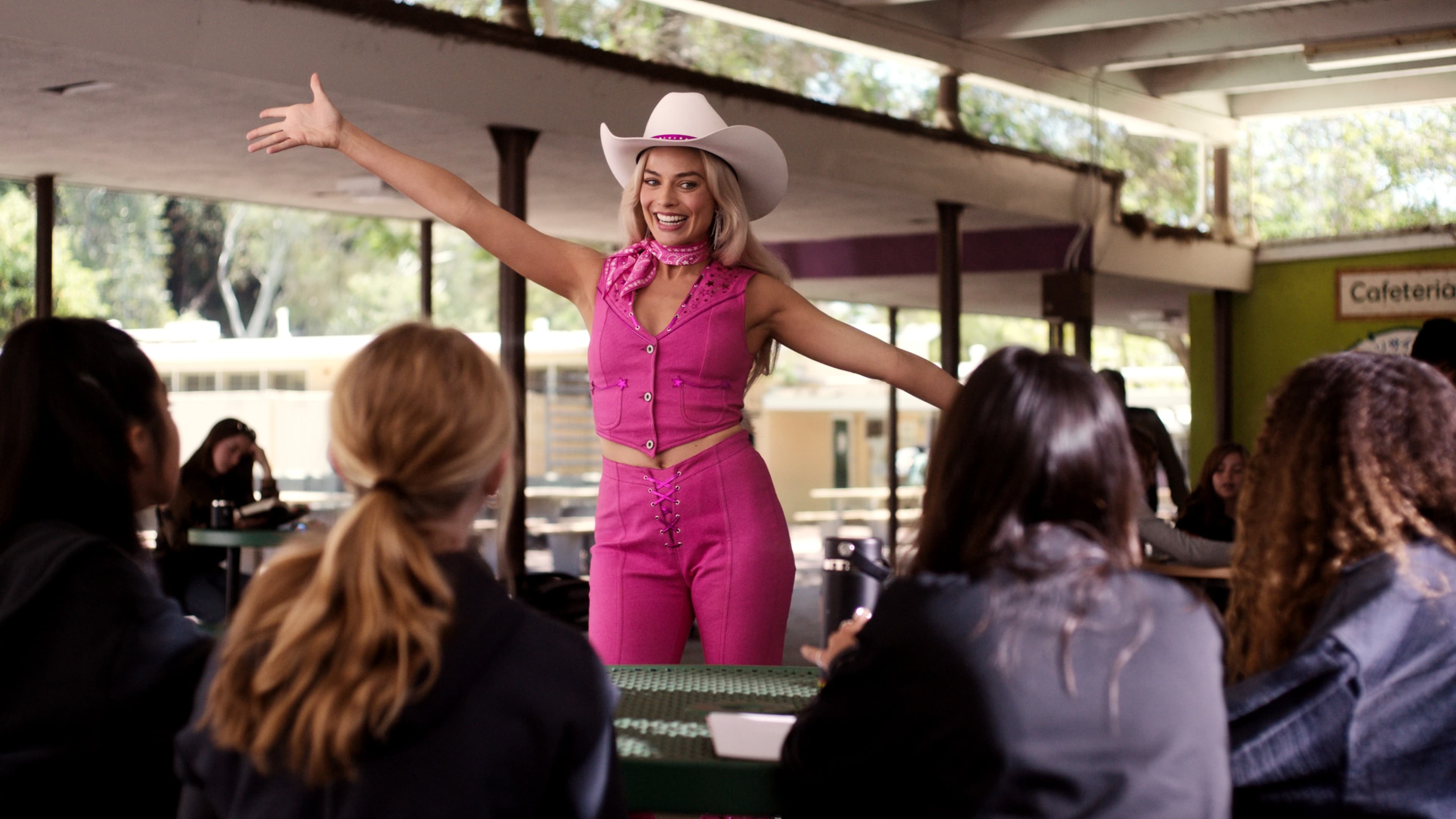First off, let me clarify that this movie was not made for me; I am not its intended audience. But don't fret—you may not be the target audience either. You might assume that the movie, themed around a famous line of dolls with a rich history, is aimed at little girls, but that's not the case. Despite its glittering sparkles and liberal use of pink, this PG13 film deals primarily with adult themes. So, who is it meant for? Perhaps women of the boomer generation who grew up with Barbie, now grappling with midlife crises? Maybe, but the movie's intentions are muddled, flip-flopping so much that viewers may feel whiplash trying to keep up.
This film was marketed as a fun and bright spectacle with a
meaningful, universal message—and, of course, an opportunity to indulge in the
latest Barbie merchandise. However, this was neither its direct intention nor
was it crafted for an audience expecting this.
So, who exactly is this movie for? It presents itself as a
subversive take akin to "The Last Jedi," with one trailer even
declaring, "If You Hate Barbie, This Movie Is For You." Yet, it's not
quite that simple. The movie delves deeply into gender norms and the
patriarchy, employing a pseudo-satire narrative of women taking charge. But it
fails to find its mark here, unintentionally resonating with an entirely
different crowd. Ultimately, it seems this film may be tailored to those who
indulge in social media buzzwords—those who revel in discourse that is more
polarizing than enlightening.
This discrepancy in message and intent manifests in
characters like the daughter in the movie, who calls Barbie a fascist. Barbie's
tearful reaction echoes my own sense of confusion and relatability, even though
I was not the intended audience.
In fact, this movie is unintentionally about Cognitive
Dissonance, presenting a positive outlook for one gender while ignoring the
other half of the equation. It shows one thing while saying the complete
opposite. A specific scene near the end, where the Kens are denied equality in
the Supreme Court after the Barbies regain control of Barbieland, epitomizes
this dissonance. The writers' intentions fail to correlate with what's
portrayed on-screen, making it hard to relate to the characters unless you're a
manipulative person in real life.
Rather than a female empowerment story disguised as a toy
franchise, some are now labeling it a "Tragic Ken story." Ryan
Gosling's magnetic performance brings Ken to life as a compelling, admirable
character, in contrast to Barbie's more passive role. The narrative flip-flops
between loving and hating Ken, with the writers oddly aligning Ken's cause with
patriarchy—a term that in today's world carries a heavy, negative connotation.
This portrayal results in a more engaging character arc for Ken compared to
Barbie's tearful preaching. In the end, the Kens and Barbies were content under
"The Patriarchy." But to restore the old order, the Barbies resort to
manipulation, demonstrating more toxicity than what was attributed to Ken's
actions.
So, do I think the writers are geniuses for these double
meanings? No. I perceive confusion in trying to appeal to everyone while only
favoring one side. I appreciate the production quality, the attention to
detail, and the enjoyable performances of Margot Robbie and Ryan Gosling.
However, the story and themes are all over the place. The film, while having a
few good laughs, spends too much time wallowing in inconsistent messages that
cater only to one side. Strangely, the film also harbors animosity towards
mothers and pregnant women. Yet, out of this chaos, the most compelling
character is Ken, the supposed antagonist, and the one I found myself rooting
for. This KENERGY remains with me, solidified in my Mojo Dojo Casa House and a
horse.







